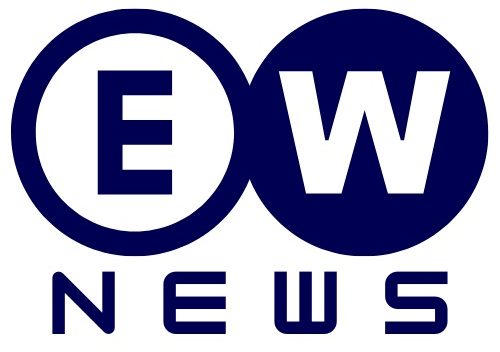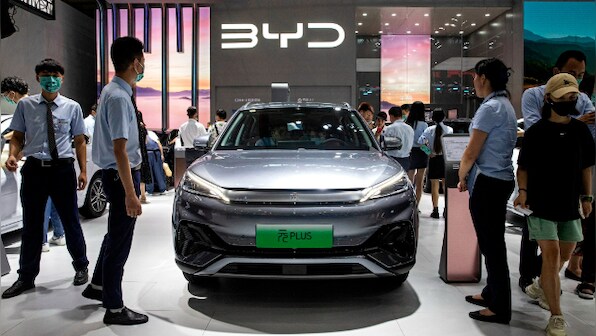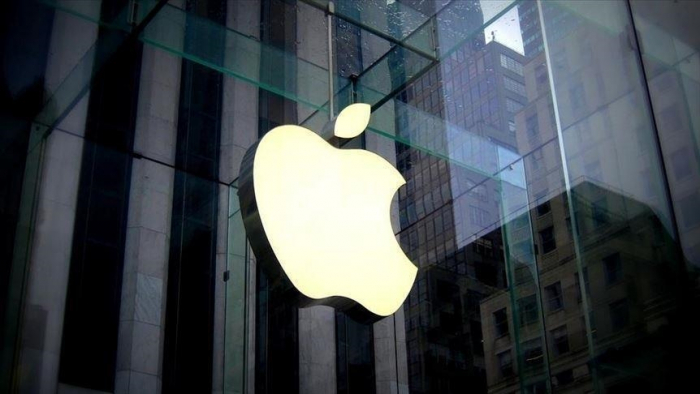Elon Musk’s Neuralink implants brain chip in second human patient
Neuralink, Elon Musk’s brain chip startup, has implanted its device in a second patient. This development is part of ongoing clinical trials aimed at aiding individuals with spinal cord injuries.
Neuralink, the brain chip startup founded by Elon Musk, has successfully implanted its device in a second patient, following the first implant in 28-year-old Norland Arbaugh. The device aims to enable paralyzed individuals to control digital devices using their thoughts. This milestone is part of Neuralink’s ongoing efforts to assist those with spinal cord injuries. The company plans to implant devices in eight more patients this year as part of its clinical trials, reflecting Musk’s belief in the technology’s potential to revolutionize interactions for people with paralysis.
On Lex Fridman’s podcast, Musk revealed that the second patient, who also has a spinal cord injury, now has 400 of the device’s 1,024 electrodes functioning. Although he did not specify the surgery date, Musk expressed optimism about the procedure’s success. The podcast, featuring Musk and the Neuralink team, spanned 8.4 hours and covered the technology’s future, including its potential use for visually impaired patients.
Arbaugh, the first patient, also shared his experience on the podcast. Before receiving the implant in January, he operated a tablet using a stick held in his mouth. Now, he can control his computer with his thoughts, significantly increasing his independence and reducing his reliance on caregivers. Despite initial setbacks when the implant’s wires retracted, Neuralink adjusted its algorithms to restore the device’s functionality. In addition to Neuralink updates, Musk discussed his political activities, including conversations with Donald Trump and plans to create a commission to enhance government efficiency by reducing business regulations, which he believes hinder innovation in the U.S.





